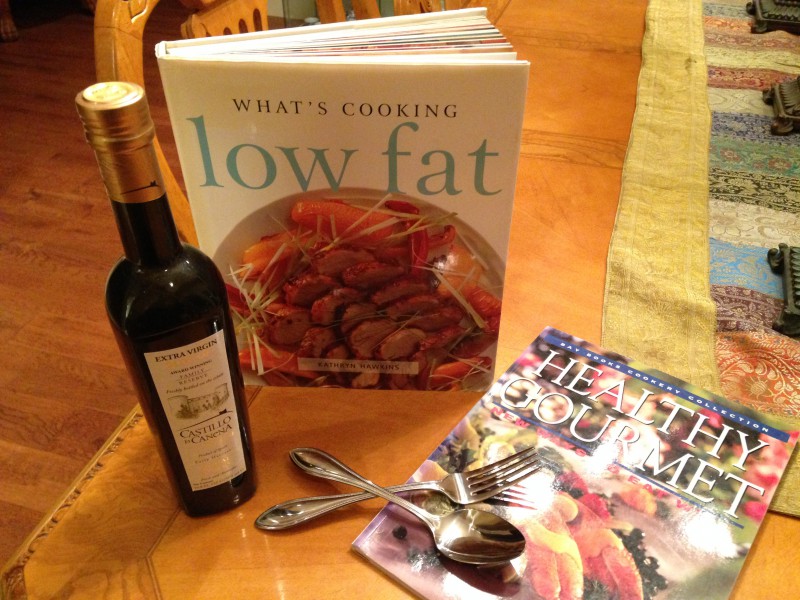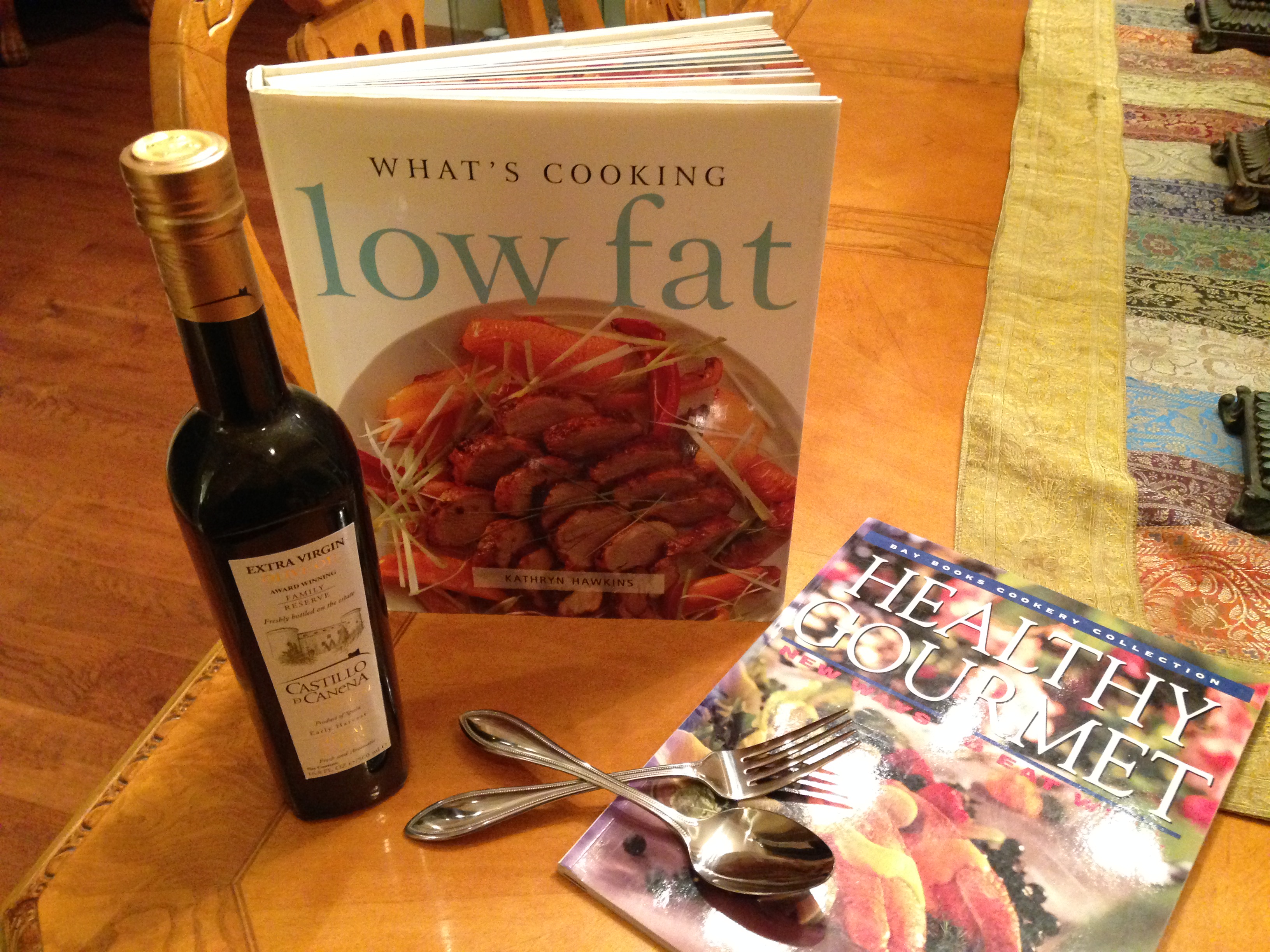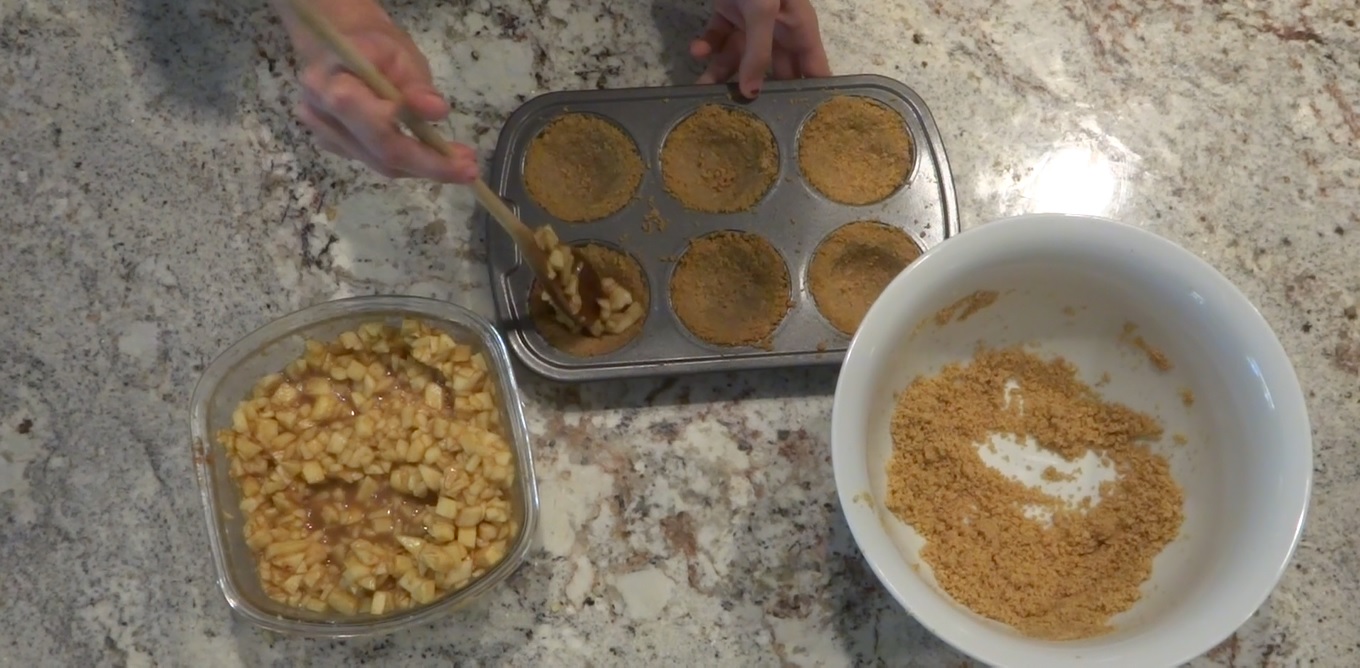Eat healthy over the holidays

By Nikita Mohapatra,
Bluedevilhub.com Staff–
A turkey, mashed potatoes with gravy and pumpkin pie for Thanksgiving. A ham, apple cider and gingerbread cookies for Christmas. Latkes for Hanukkah.
The holiday season is also the season of food: large, elegant dinners are prepared for parties and relatives, and everyone forgets about health for one season.
Most of the annual weight gain in the United States occurs during the six-week holiday period, according to obesity researcher Stephan Guyenet.
“There are multiple reasons why we eat more and gain weight during the holidays. Many of us are surrounded by calorie-rich tempting food [and] when we’re surrounded by tempting food, we tend to eat it,” Guyenet said.
“[There] is [also] the ‘buffet effect.’ The more different types of food we have at a meal, the more total food we’ll eat,” Guyenet added .”During the holidays, particularly at feasts like Thanksgiving, we usually have more food variety.”
Another factor in holiday weight gain is the social aspect. Going to parties results in more high-calorie, high-fat and high-sugar foods. In addition, eating more food through larger portions and multiple helpings all contribute to extra calories, according to UC Davis nutritionist Lucia Kaiser.
Sophomore Vanessa Jiang frequently attends holiday parties.
“I tend to eat more at parties because there’s a bigger variety of food and it’s all laid out in front of you, so it’s more tempting. Also, everyone else is eating a lot of food so it makes me want to eat more too,” Jiang said.
Eating healthy during the holidays is important because we hang on to most of our holiday weight forever; part of the reason why most people gain weight as they age, according to Guyenet.
The real question is why we can’t stop treating ourselves to the delicious, unhealthy menu options.
We binge on foods with specific physical and chemical properties which are motivating to the brain: irresistible calorie-dense combinations of fat, sugar, starch and/or salt. According to Guyenet, who works on the neurobiology of overeating, foods like this are very compelling to the brain as they drive us to eat beyond hunger.
“According to recent research, some people literally become addicted to them. The rest of us non-addicted folks just eat too much,” Guyenet said.
But the challenge is still to make healthy choices when it comes to these lavish and heavy meals.
Avoiding the high-calorie snacks is a solution–putting them out of sight to reduce the risk of unconscious snacking works. The advice is basically to “pace yourself” by eating less of the fatty/sugary foods, and more fruit and vegetables. A healthy diet is largely plant-based with plenty of vegetables, fruits, whole grains and some lean protein, as well as low-fat dairy foods, according to Kaiser.
For social situations, Kaiser also suggested spending time talking, dancing and playing games instead of constantly eating and drinking.
“Create small effort barriers to eating food between meals. Having to peel an orange or shell nuts is enough to keep you from eating snacks unless you’re actually hungry,” Guyenet said.
Davis High Food Science and Nutrition teacher Jeanne Pettigrew said that students tend to eat constantly while off from school.
“Avoid eating while doing something else, such as watching marathon TV. People simply do not know how much they have absent-mindedly eaten while their mind was occupied elsewhere,” she said.
At DHS, some students are already trying to eat healthy.
Jiang said that she does not have that much trouble eating healthy over the holidays, while at home at least.
“A lot of my relatives eat a lot of healthy food on a daily basis, so I can pretty much guarantee that at least one of them will decide to make something healthy,” she said. “We make a bunch of food using whole wheat flour and olive oil instead of regular white flour and butter.”
“I try to stay away from simple carbs and eat lean protein,” sophomore Sanjana Bajwa said. “I don’t think it’s necessary to stuff ourselves because of ‘tradition.’”




